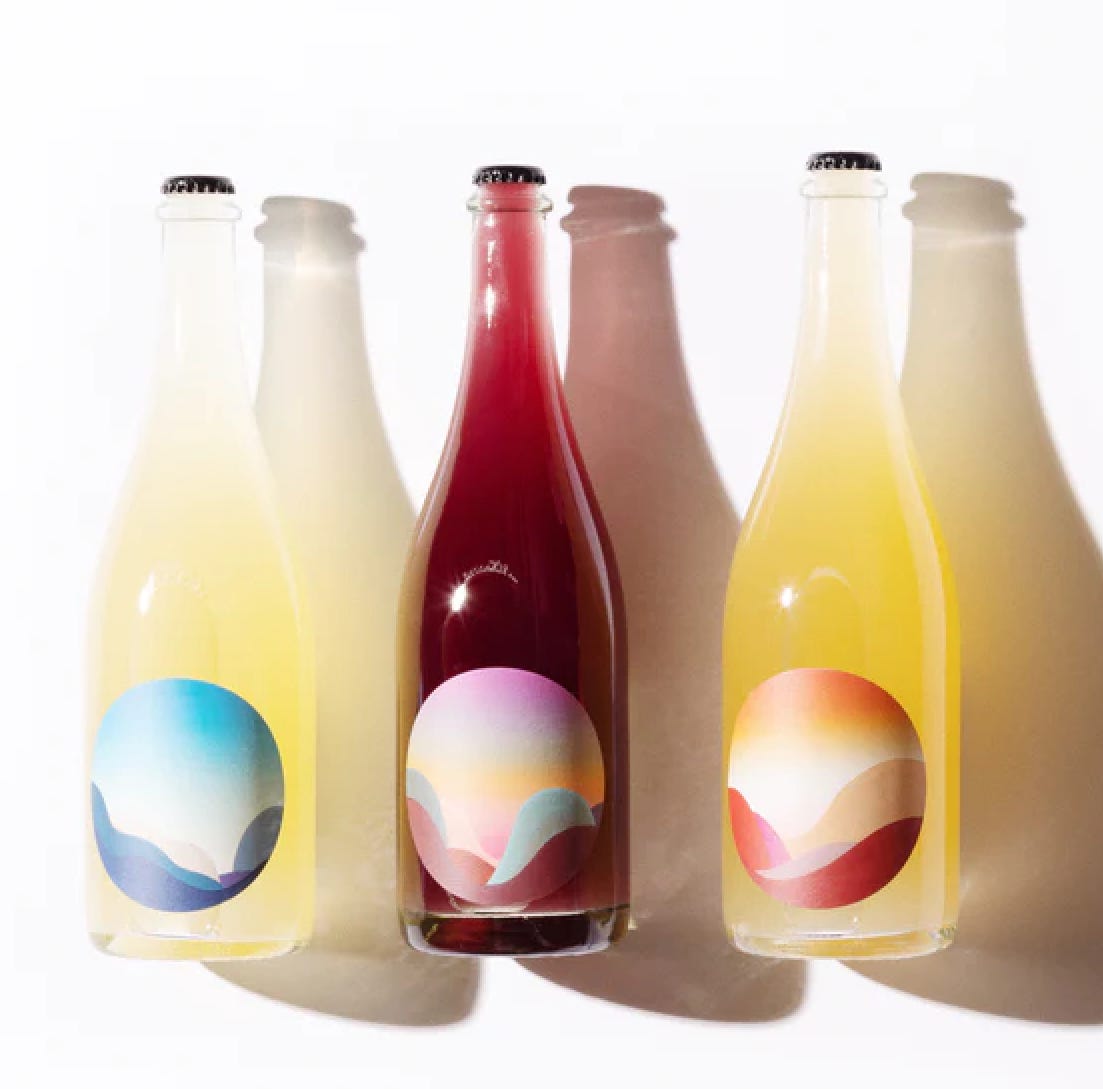Lindsay Tuchman is a journalist and morning news anchor for Newsy, a national streaming and over the air network. She covers all types of breaking news but occasionally focuses on stories she’s passionate about, like in this case wine and the environment.
Lindsay here. My curiosity about winemaking and its impact on climate change began at the start of the pandemic. Right before the stay-at-home order took effect in New York City, everyone rushed to get groceries, and for many, that included as much wine as you could carry home. With my newfound free time on the weekends, I started not just drinking wine, but also reading up about grape varietals, production techniques, and pairings. As I began doing a deeper dive, I knew this research would be intriguing for a much broader audience. So recently, I began incorporating my findings into reporting about wine and climate change.
WITI Classifieds:
We are experimenting with running some weekly classifieds in WITI. If you’re interested in running an ad, you can purchase one through this form. For our first few weeks, we are throwing in an extra week for free on any ad.
Nudge, get customer insights with ease. Try Nudge
Do you want to improve your life by tapping into behavioral science insights? Listen to the award-winning Behavioral Grooves podcast today! Listen to Behavioral Grooves
Another interesting newsletter: Making the case for good content, clear writing and the creative process. Subscribe to the Hand & Eye. Subscribe to Hand & Eye
A publication exploring the most interesting and innovative consumer businesses, products, and trends Subscribe to New Consumer
So, to start, what is natural wine? That answer itself is complicated and notably, unregulated. To some it’s more of a feeling than a specific set of attributes. Here's wine influencer Andrea Jaramillo (@masvinoplease) explaining why drinking natural wine is important to her:
Natural wine has always been more than a trend to me. It is an extension of my commitment to sustainability. Just like I care about how my clothes are made or my food is grown, I also care about what I'm drinking. Natural wine prioritizes organic/regenerative farming, and does not allow chemical pesticides in the vineyard. I respect that they respect the land, wildlife corridors, and water usage. I respect that they respect the people who tend to the vines, pick the grapes and make the wine. The wine might be good for the consumer, but is it good for the earth and the people who created it? That's natural wine to me.
Why is this interesting?
This September, I visited Vinca Minor wine in Berkeley, California. It's a natural winery owned by Jason Charles (fellow alum on the Monday Media Diet, and fun fact, that's how we got connected!) I reached out to him to do a story for Newsy about how cyclical winemaking is and why it's so important to consider the environment in its production. In 2020, the infamous Glass Fire destroyed 67,000 acres of land in Napa and Sonoma Counties, and smoke taint ruined some of Jason's red grapes. Instead of letting the losses impact his business, he made fruit wine from orchards, which aren't as impacted by smoke. Now, he continues to produce that fruit wine as its own brand, Moonland, along with his natural wine.
This is just one of many examples of how climate change impacts winemaking. Even when I was visiting Jason in Northern California, there was a scorching heat wave that meant the grapes needed to be picked earlier, and quickly—unless the goal was to make raisin wine. We will likely continue to need creative and non-traditional solutions as climate change disrupts areas that were once highly stable for growing wine grapes.
If you want to learn more, follow Jason and Andrea. Or, read one of my favorite natural wine books which is called “You Had Me At Pet Nat" by Rachel Signer. And of course, drink up... cheers! (LT)
Thanks for reading,
Noah (NRB) & Colin (CJN) & Lindsay (LT)
Why is this interesting? is a daily email from Noah Brier & Colin Nagy (and friends!) about interesting things. If you’ve enjoyed this edition, please consider forwarding it to a friend. If you’re reading it for the first time, consider subscribing (it’s free!).





